
On Demand Webinars
Copilot Partners: Unlock your opportunities
Our latest On-Demand webinar provides a practical, execution focused walk through the full Copilot partner journey, from early adoption to advanced scenarios.
News headlines broke recently around a ‘comprehensive survey of Australian chief executives, chief technology officers and other leaders of companies using AI’ which reported most had immature or “developing” approaches to using AI responsibly.
As a result, Government is accelerating its plans to introduce mandatory guard-rails for the use of AI and this could include outright prohibition of ‘high-risk’ AIs.
This news is a timely reminder of why your choice of technology distributor matters. Far beyond the cloud solutions distribution and licensing expertise we offer, Crayon partners benefit from nearly a decade worth of frontline, hands-on AI solution development.
Crayon is an Azure OpenAI Global Strategic Partner with two Data and AI Centers of Excellence (COEs) including one based in Singapore. We are the only services company with cloud distribution capabilities across the APAC channel to have over 300 applied AI projects in market, which includes more than 2,500 models running on a proprietary accelerated MLOps framework.
This is material for any partner that is using, integrating or implementing AI in their own business or for their customers.
In the wake of this recent news and the increased regulatory scrutiny that will follow, we encourage partners to read the following blog penned by our Chief Data Scientist, David Mosen. It is an insightful look at the issues of fair and responsible AI development and use, and why Crayon has embedded ethical principles into our AI practice.
Artificial Intelligence (AI) solutions can be invaluable tools for efficient decision-making. They must also make good decisions. When they do not, the consequences can harm lives, and damage businesses. Known examples include AI systems that leak information or amplify social discrimination. Such events increase public distrust of the companies involved, and to AI as a field. AI systems for decision-making must be led by two critical imperatives: fair by design, and responsible use.
When we talk about fairness in AI, we mean adhering to a set of principles and practices. These guide both design and implementation. They aim to ensure AI technologies are trustworthy, ethically sound, and socially responsible. In essence, fairness in AI means being clear in how people who use AI technologies will benefit. It means being sure of the protections for those subject to decisions made by AI systems.
It starts with data. It is critical the data used to train AI algorithms is representative of the population as a whole. If it is not, AI decision-making can perpetuate bias or discrimination.
It must include people who have experienced bias and discrimination. Their seat at the table is vital to fair design and responsible use of AI technologies.
Personal information must be anonymized. AI design and development should leverage specific algorithms, evaluation metrics and preprocessing techniques designed to avoid bias. It’s also important to think about data labelling, since this can also introduce bias.
For example, let’s say you are training an AI model to recognize faces. The training data must include diverse ethnicities, genders, and ages. The AI team training the model should consult with a diverse group to ensure the dataset is genuinely representative. They should be well versed in using bias mitigation techniques, such as masking sensitive attributes that can lead to bias when an AI is assessing new data.
Clearly, eliminating the potential of harm to under-represented people in the community is of critical help to society. It’s also important that advantages are not unduly created for others merely based on ethnicity or gender, age, sexual orientation or otherwise. This alone is a more than sufficient reason to adhere to fair AI principles and practice.
For users, fair AI helps ensure they get the most accurate and unbiased results from AI systems. It also considers individual user needs and preferences. This allows for more natural and personalized interactions, and a more humanized experience.
For organizations, fair AI provides solid foundations for sustainable, ethical business models. It shows both awareness of concern, and a commitment to making a positive difference. This builds brand trust, loyalty and repeat business. As a practice, fair AI is a prudent risk management measure that helps to reduce legal liability.
A responsible AI framework must consider not only fairness, but also technological soundness and trust.
A fair AI system avoids bias in decision-making. It must neither advantage nor disadvantage people based on protected characteristics. To be responsible, an AI system must be technologically sound. This means secure and accurate, reliable, and explainable.
Crayon operates a Center of Excellence for Data and Artificial Intelligence Services (Data and AI CoE). This is a global practice hub serving data-driven businesses worldwide. Our reference framework for the responsible development of AI in the company is CRAIG – Crayon Responsible AI Guidelines.
CRAIG grounds our services around sustainability, ethics, trust, robust engineering, and security. It establishes the in-depth policy mechanisms of our genuinely responsible AI organization. Our sales and delivery processes have tight integration of this policy. So too in our governance and support structures, and knowledge dissemination.
Crayon aims to be at the forefront of the ongoing AI revolution. Our commitment to ethical, fair, and responsible AI is not only essential to that vision, it is an active demonstration of our core values.

On Demand Webinars
Our latest On-Demand webinar provides a practical, execution focused walk through the full Copilot partner journey, from early adoption to advanced scenarios.
Blogs
Catch our comprehensive summary of the highlights from Microsoft Ignite 2025, combined with the resources and links you need to dig into the detail!

Training
In our latest webinar, our in-house Modern Work experts Jye Wong and Ksenia Turner will run you through a practical refresher on Solution Partner Designations; what they are, why they matter and how to get started.
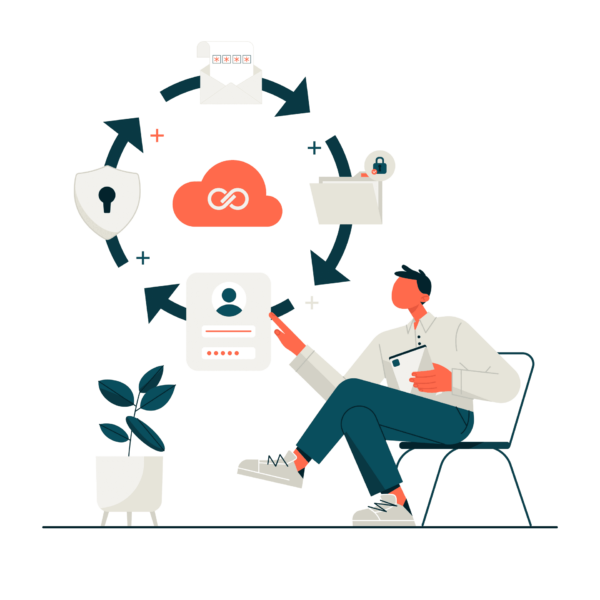
Sales and Marketing
Business leaders don't live in the tools. They live in the outcomes. The metrics they care about most are not always limited to compliance and risk. So how do you connect data protection to the big-ticket objectives, when they're less obvious? Our in-house pre-sales expert, Michael Brooke explains.
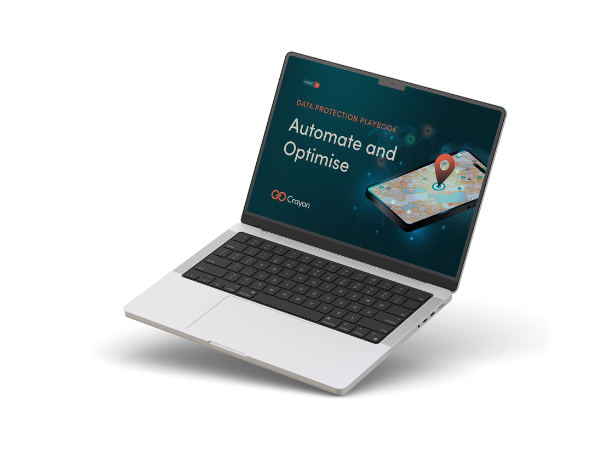
Guides and eBooks
As SMBs mature in the Data Protection lifecycle, they need help to optimise spend, reduce the compliance burden and ensure results align to business objectives. The third installment of our Data Protection Playbook series provides practical guidance for partners on how to address emerging pressure and connect ongoing investment to measurable business value.

Training
Copilot Agents: what are they and how do they differ from AI assistants and chatbots? Our in-house Copilot expert Ksenia Turner explains the use cases and service opportunities for partners.

Blogs
Fragmented data protection systems and processes create compliance proof-gaps for SMB customers. Scott Hagenus, Director, Cybersecurity here at Crayon explains.
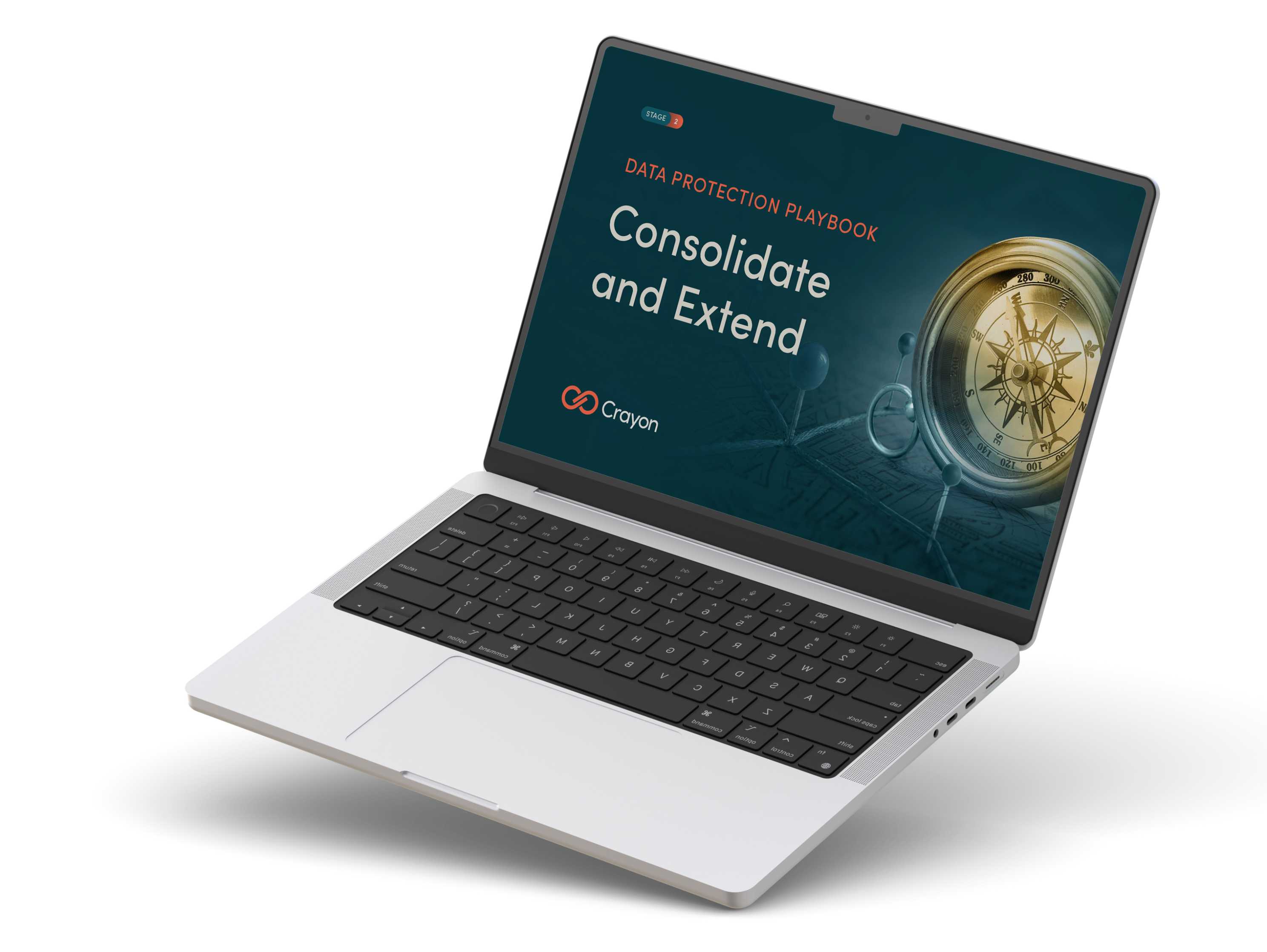
Guides and eBooks
How can partners help their SMB customers to move from silos of security and continuity to a more cohesive, measurable and insurable data protection framework? The second edition in our Data Protection Playbook series maps out their journey, and yours.

Sales and Marketing
Ever wonder why a pitch has some IT Managers leaning forward, while others glaze over? Michael Brooke, Cybersecurity Pre-Sales Lead offers some insight on how to tune your approach to chime with different technical mindsets.

Vendor Announcements
Copilot for Business has landed at Microsoft Ignite 2025, levelling the GenAI playing field for SMB customers. Learn all about it from our man on the ground, Andreas Bergman.

Press Release

Press Release

Blogs
As cybersecurity and continuity converge in platforms and in practice, partners need new playbooks to address modern Data Protection standards. Our in-house cybersecurity pre-sales lead, Michael Brooke explains why.
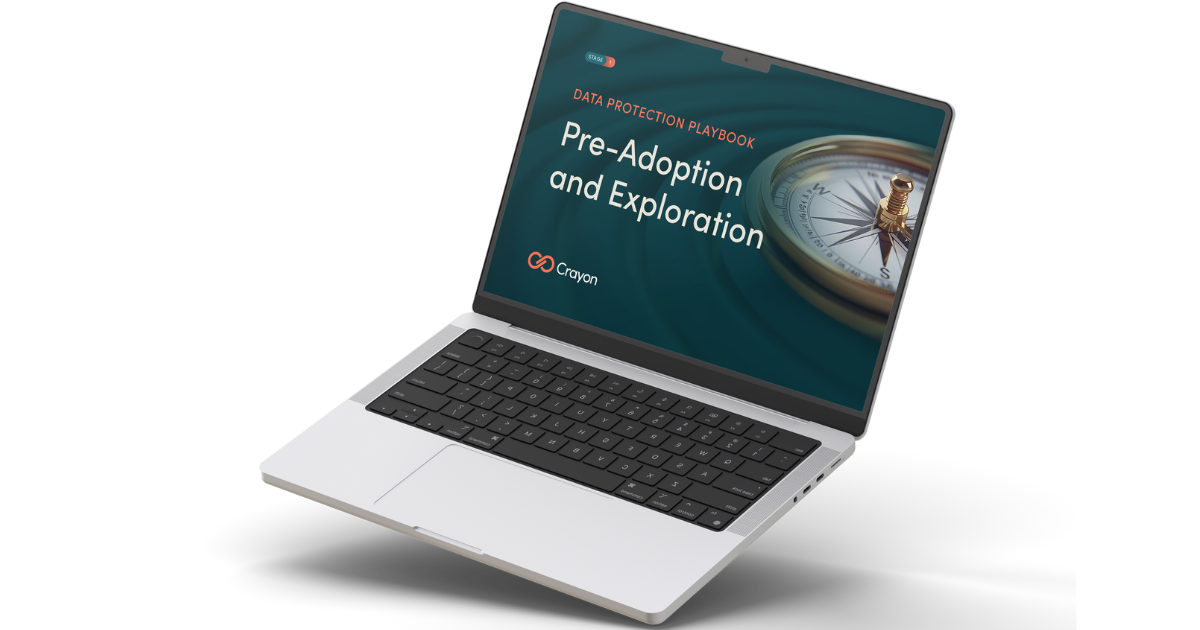
Guides and eBooks
What triggers an SMB customer to begin exploring their need for better Data Protection? The first of our four Data Protection Playbooks for partners breaks down how to position and win in the Pre-Adoption and Exploration stage.

Insights
Data Protection priorities are shifting for SMBs. Ramp up your ability to respond with curated insights, articles and resources to help you guide every customer conversation with confidence.

Partner Spotlight
In this Partner Spotlight, Acceltech Managing Director Ivy Tarrobago shares how Crayon’s responsive support enhances client outcomes and business growth.

Whitepapers
Data Protection is a must for all SMBs but how can partners align solution investment with critical business objectives? Our latest paper shows you how.

Press Release
Crayon has been recognised with a huge double win at the CRN Channel Asia awards ceremony.

Insights
All the latest insights, articles and resources on M365 Copilot, curated into one place.

Insights
SMB customers are storing greater volumes of sensitive data in more places than ever. Secure backup and recovery practices are essential to how they protect it.

Partner Spotlight
Bigfish Technology saved AU$20,000 on its annual Microsoft licensing after one call with Crayon and has since built a strong partnership that enabled Bigfish to get access to Crayon’s expertise and vendor ecosystem.

Insights
Insider risk is a subtle and continuous challenge for SMB customers. Turn it into a manageable and quantifiable aspect of their Data Protection strategy.

Blogs
From rethinking backup to governance frameworks and behavioural analytics, what's involved in building a complete Data Protection strategy for SMB customers?
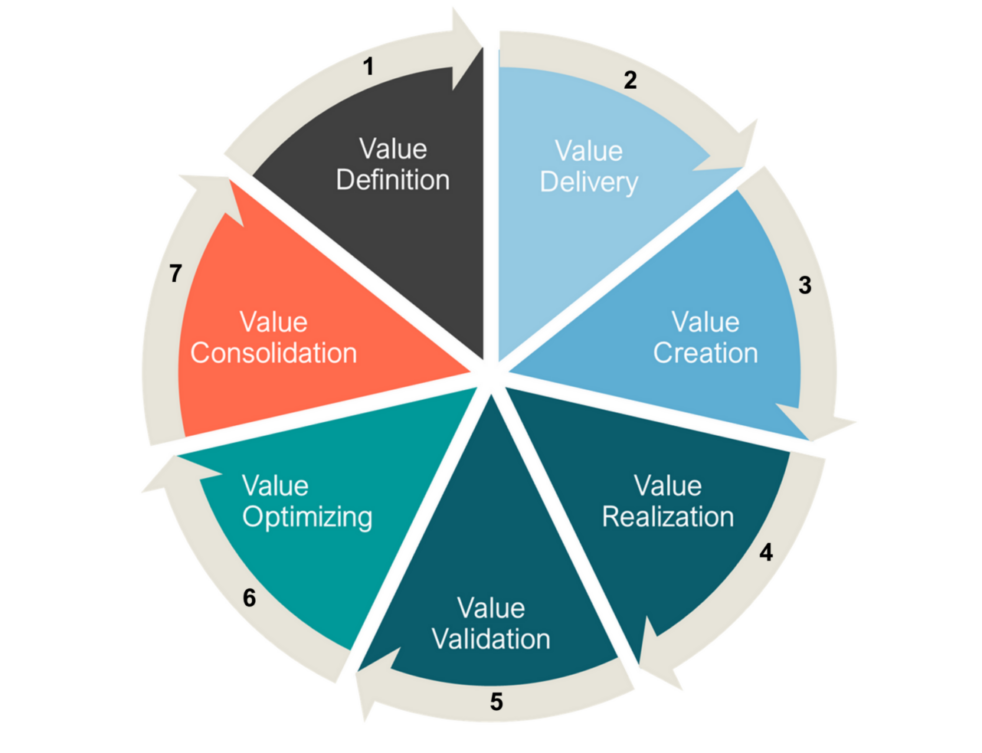
Insights
We explore the evolution of Microsoft's channel strategy over the past ten years, and what can be learned by viewing it through a Value Cycle lens.

Guides and eBooks
The Microsoft Fabric Partner Guide curates our recent articles, videos and resources to accelerate Crayon partner learning.
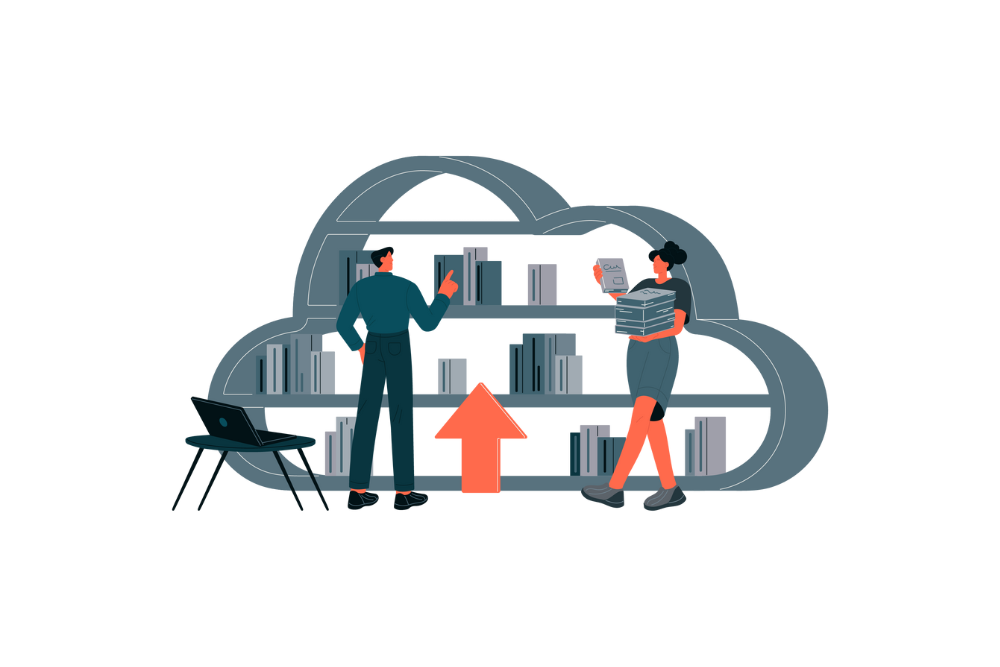
Insights
Support your cybersecurity game plans with our top picks of new and updated risk and resilience resources.
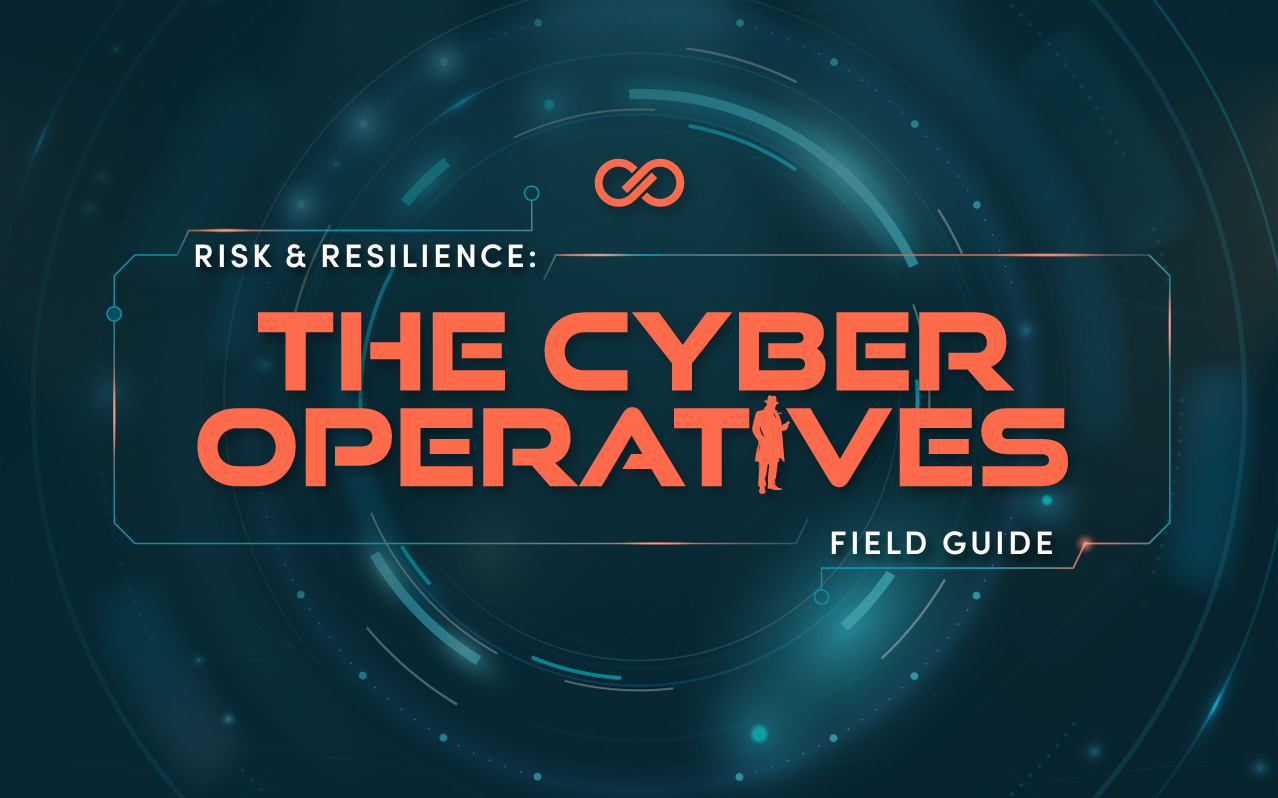
Guides and eBooks
Partners, get your Bond on! Our Cyber Operatives Field Guide breaks down five cybersecurity missions to foil would-be cybercriminals.

Company Announcements

Webinars Series
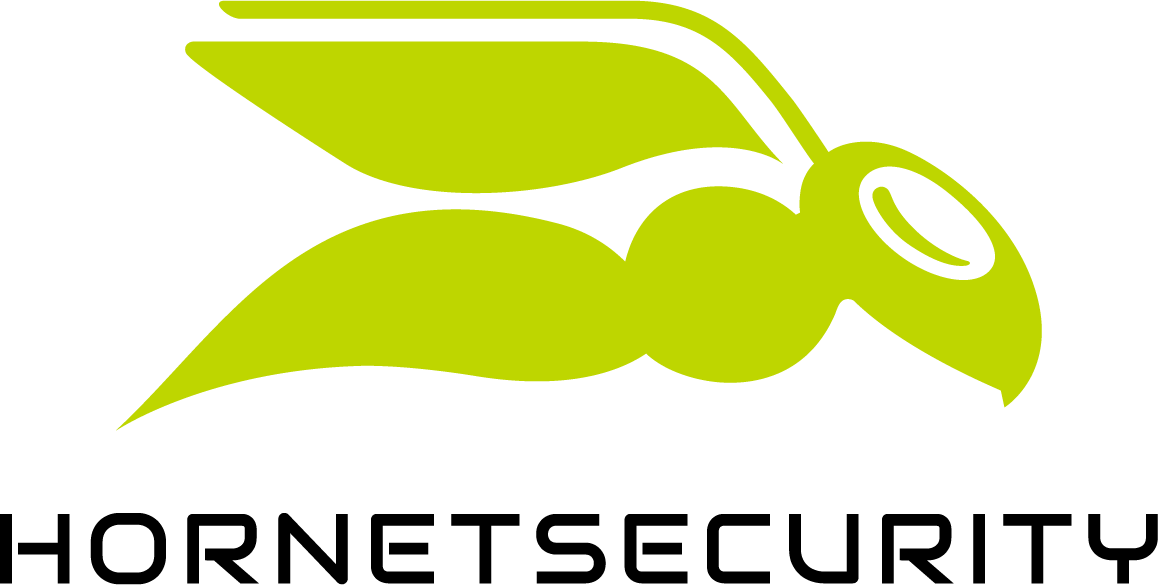
Press Release

Blogs

Blogs

Connect Data Protection to strategic objectives via this Whitepaper
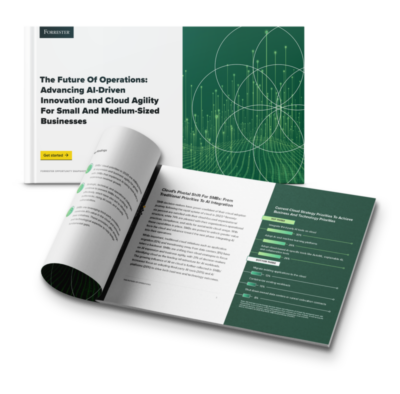
What are the most critical business objectives and solution adoption priorities for SMBs in our region? Download the latest Forrester study to find out!

Our APAC channel business is now part of a global organisation. That means there is a whole new world of value on offer for our partners. We can help you to tap into all of it.